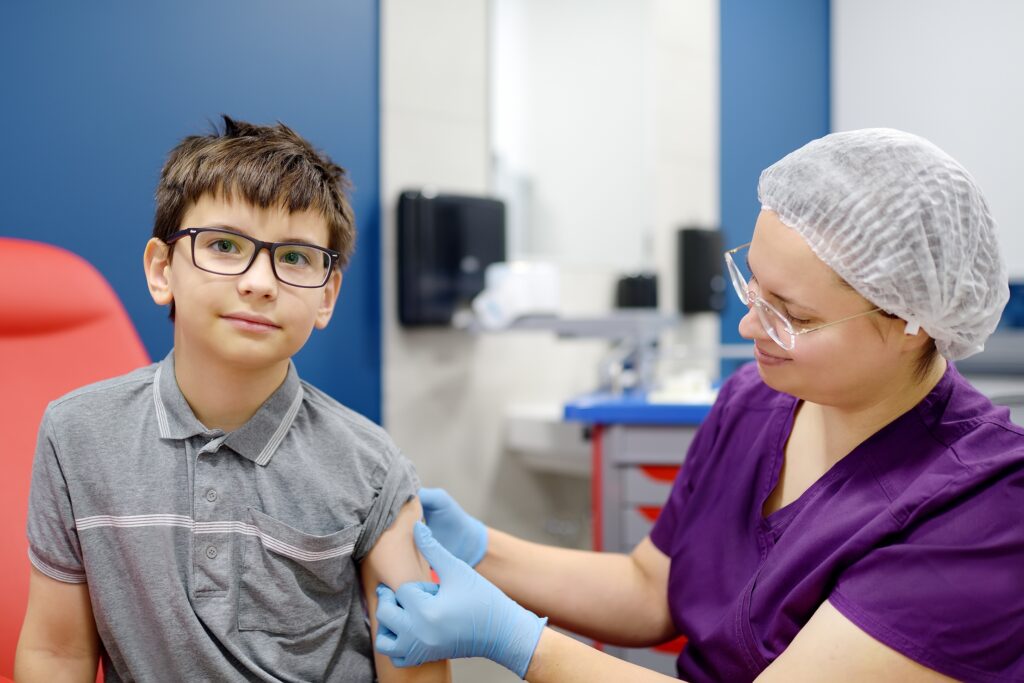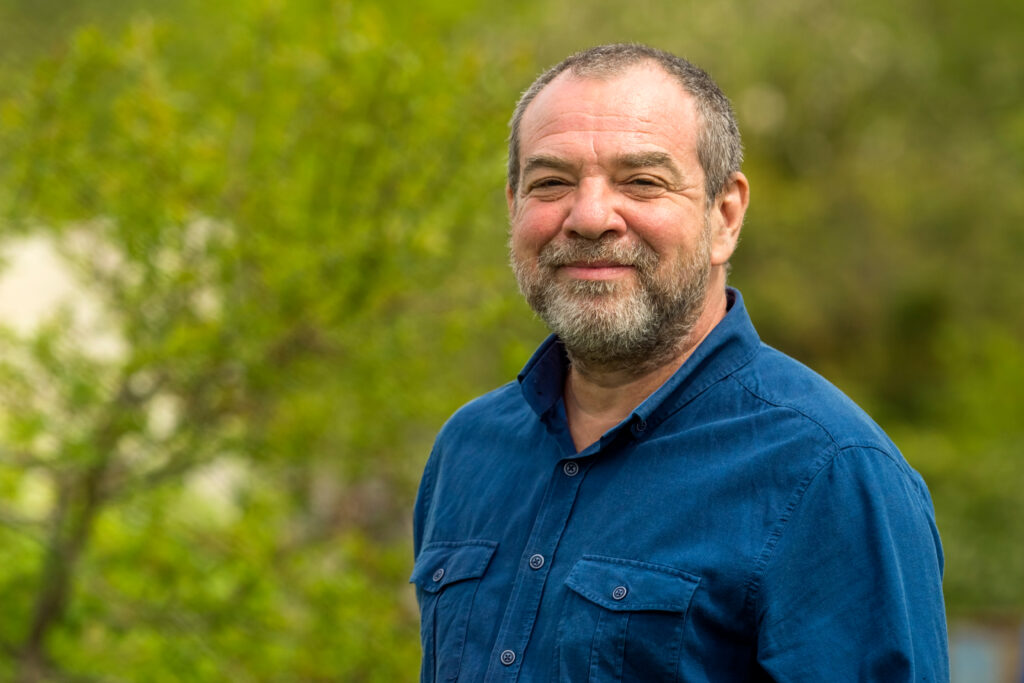Introduction
Highlights
Driving implementation of key initiatives
As steward of the Canadian Strategy for Cancer Control (the Strategy), CPAC has been diligently working alongside partners to advance pan-Canadian priorities, bringing the Strategy to life and achieving tangible improvements in cancer outcomes. The year 2023-24 was one of significant action and progress. During this period, we collaborated closely with partners to transition from planning to implementation of key initiatives. Our efforts have matured relationships and ensured that health equity and reconciliation remained central in all our collaborative work. By galvanizing partners across the country, we made substantial strides in advancing pan-Canadian priorities.
Highlights include the following:
- Released the Pan-Canadian Cancer Data Strategy in collaboration with the Canadian Cancer Society.
- Convened 180 decision-makers from across Canada at the Pan-Canadian Summit on the Elimination of Cervical Cancer to accelerate momentum toward the priorities of the Action Plan for the Elimination of Cervical Cancer in Canada.
- Supported partners focused on planning and implementing lung cancer screening programs to keep Canada on track to detect 1,400 to 2,500 new cases of lung cancer per year – increasing the likelihood of more successful treatment and cure.
- Supported First Nations, Inuit and Métis partners as they implement cancer care plans according to People’s-specific, self-determined priorities.
- Expanded access to palliative care in 23 communities through initiatives that support care for people experiencing homelessness or vulnerable housing.
- Supported 19 projects from 10 provinces and territories to develop new models of care, or ways to care for patients.
- Convened the first-ever Cancer Equity Measurement Forum to drive collective action, foster collaboration and advance policy and practice to address disparities in cancer care and outcomes.
Details about our achievements and the impact of these collaborative efforts can be found in key achievements.
Strength in collaboration
Collaboration is the engine that drives our success. Throughout the year, we worked closely with 83 funded partners across the country, through 65 cancer system initiatives – marking an increase from the previous year when we funded 49 partners across 42 initiatives. These collaborations were crucial in developing new programming and sharing expertise and learnings, thereby strengthening our collective efforts to improve equity of access, experience and outcomes.
Key activities included:
- Supported national and international opportunities to advance First Nations, Inuit and Métis priorities and reconciliation through the World Indigenous Cancer Conference, the First Nations Health Managers Annual Conference and the Canadian Cancer Research Conference.
- Partnered with Healthcare Excellence Canada to expand the initiative to provide equitable access to palliative care for people who are experiencing homelessness or vulnerable housing. We are now supporting 23 communities and sharing promising practices.
- Worked with the Public Health Agency of Canada, provinces and territories, and other partners to support knowledge exchange on emerging areas in cancer prevention and screening.
- Collaborated with the Canadian Association for Spiritual Care to expand the Canadian Interdisciplinary Palliative Care Competency Framework to include a spiritual care section that recognizes the important role spiritual care professionals play in palliative and end-of-life care.
- Co-funded two research training awards for Indigenous scholars with the Canadian Cancer Society to support First Nations-, Inuit- or Métis research capacity.
Focusing on diversity, equity and inclusion (DEI) and reconciliation
CPAC is committed to advancing health equity as we work to implement the priorities of the Strategy. This year, we were able to integrate DEI across the organization more significantly than ever before, with 93 percent of staff reporting that they applied DEI considerations in their work.
Other highlights of our progress embedding DEI and reconciliation include:
- Engaged health equity advisors to integrate an equity lens into funding decisions and funded work and expanded the First Nations, Inuit and Métis advisory structure to include Peoples-specific Community Health Advisors.
- Increased the diversity of our patient and family advisors (PFAs), including recruiting four additional PFAs from equity-denied communities to participate in planning, share their experiences and contribute to the outcomes of the 2023 Pan-Canadian Summit on the Elimination of Cervical Cancer.
- Embedded equity-focused strategies into work, with 100 percent of partners reporting they are satisfied with CPAC supports, and 100 percent of projects including a focus on closing equity gaps for underserved groups.
- Met our target for the Government of Canada’s 50-30 challenge on gender parity and representation of equity-denied groups. As of April 2024, 81 percent of CPAC’s board and senior management self-identify as women or non-binary people, and 31 percent as a member of equity-denied groups.
- Developed a health equity framework, which outlines how DEI and reconciliation will be prioritized within the Canadian Strategy for Cancer Control.
- Introduced a new toolkit for CPAC staff to advance progress on CPAC’s Reconciliation Pathway. The toolkit supports staff in working with First Nations, Inuit and Métis partners and embedding First Nations, Inuit and Métis work across all priorities. As of April 2024, 98% of staff have completed Indigenous cultural competence and humility training.
- Completed the third year of the board DEI and reconciliation action plan, which outlines specific actions the board will take to advance DEI and reconciliation efforts.






